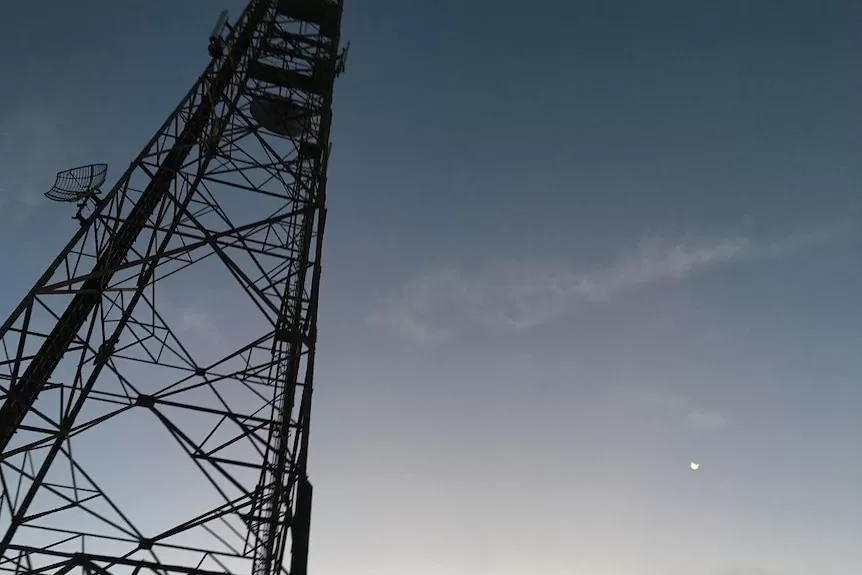- In short: A report into the federal government’s $40 million effort to improve mobile phone coverage has found the department was “largely effective” in awarding project money.
- The Coalition had accused Labor of pork-barrelling given the vast majority of funding went to Labor seats.
- What’s next? The opposition has called on the Minister to apologise but Michelle Rowland said it is vindication.
A probe into the federal government’s $40 million effort to improve mobile phone coverage has found the department was “largely effective” in awarding project money, after the Coalition accused Labor of using the program for pork-barrelling in key electorates.
The Australian National Audit Office (ANAO) began investigating the program in August last year, following complaints from the Coalition that 40 of the 54 projects funded in the program’s sixth round – or 74 per cent – were in Labor electorates.
Eleven were in Liberal-held electorates while 44 were in marginal seats.
But the inquiry found the minister and the Communications Department acted within Commonwealth grants guidelines.
The report noted that while the department gave advice on mobile coverage and service issues at the 54 “target” locations, it “did not advise the government on the relative merits of prioritising these target locations over other mobile black spots”.
The locations were identified by the Labor Party as part of its 2022 federal election commitments.
“The minister, as the decision-maker, complied with relevant frameworks when awarding grant funding and in recording their decisions,” the report found.
“The department does not maintain data that enables it to undertake strategic analysis of priority areas across Australia to direct government investment in delivering new and improved mobile coverage.”
Minister welcomes findings, opposition remains scathing
Communications Minister Michelle Rowland welcomed the ANAO findings.
“The ANAO confirmed the Minister – in exercising discretion to make the grants – agreed to all value-for-money recommendations of the department and its independent assessment panel,” a statement from her office said.
“The [program] stands in stark contrast to the Coalition’s own mobile coverage election commitment round when they were in government, in which 124 out of 125 funded projects — 99.2 per cent — were in Coalition electorates.”
But Shadow Communications Minister David Coleman stood by his previous criticism and said Ms Rowland needed to apologise as the probe had only cleared the department.
“Clearly, this funding allocation cannot be described as equitable – unless minister Rowland’s view is that 74 per cent of electorates in Australia are held by the Labor Party,” a statement from his office said.
“The report notes that departmental officials have conducted themselves appropriately in their administration of the program, once minister Rowland had provided them with the ‘target locations.’
“It makes very clear that the selection of the ‘target locations’ was made by minister Rowland, not by departmental officials.”
